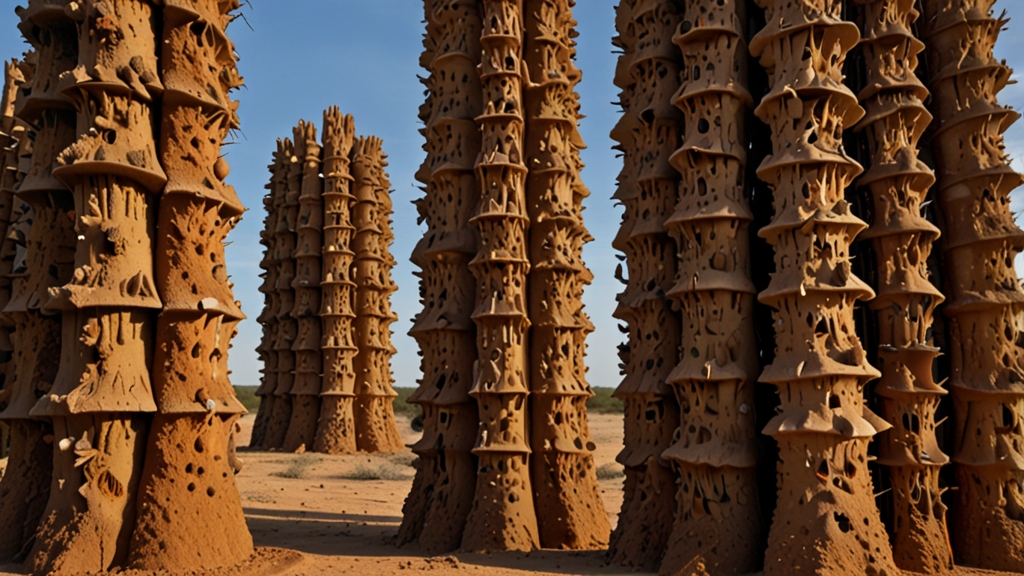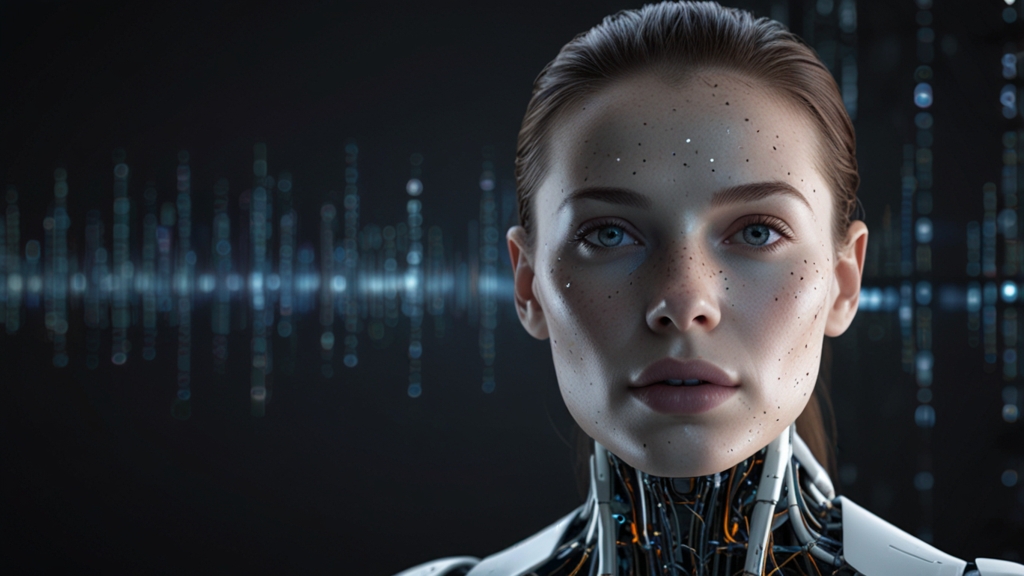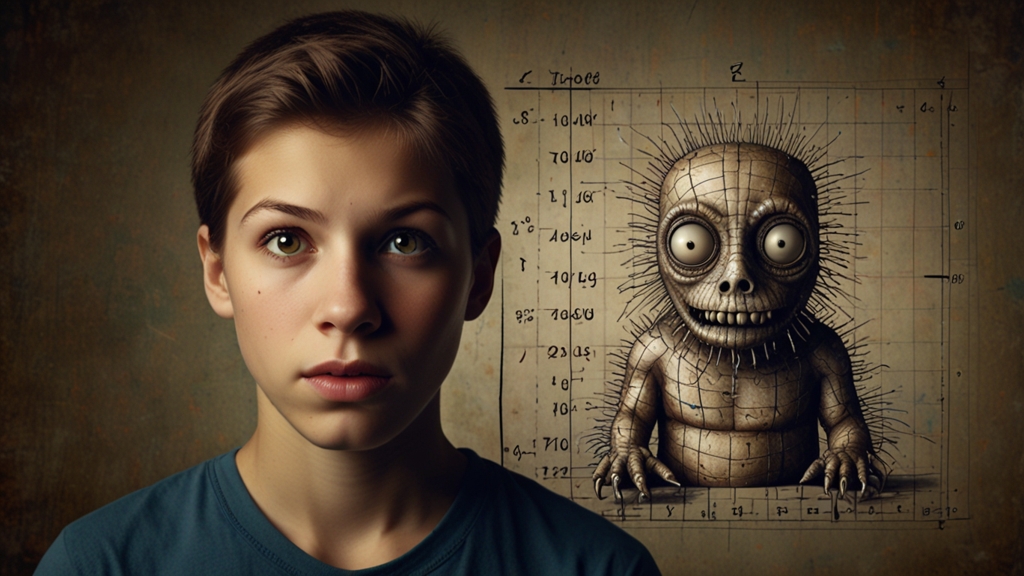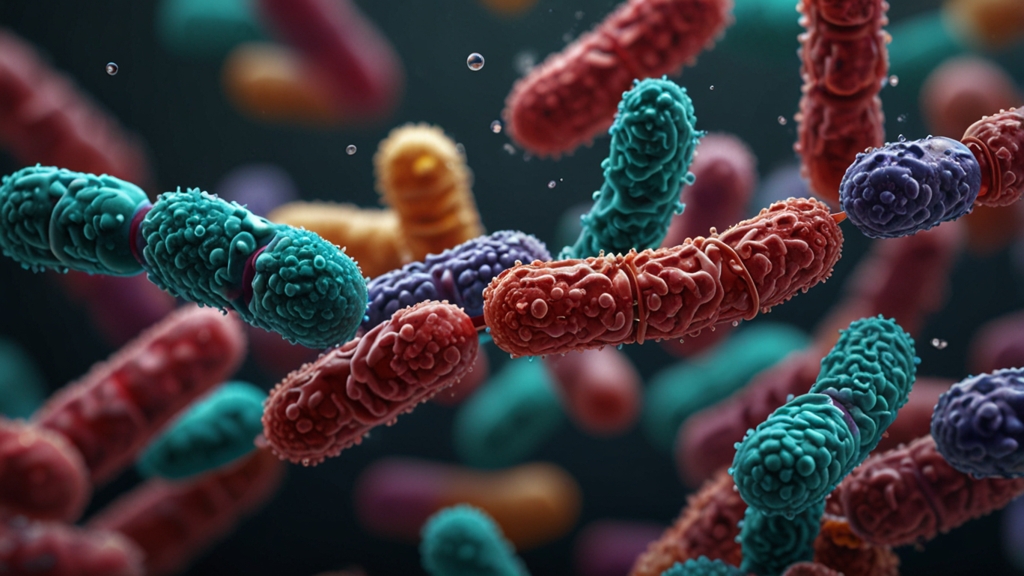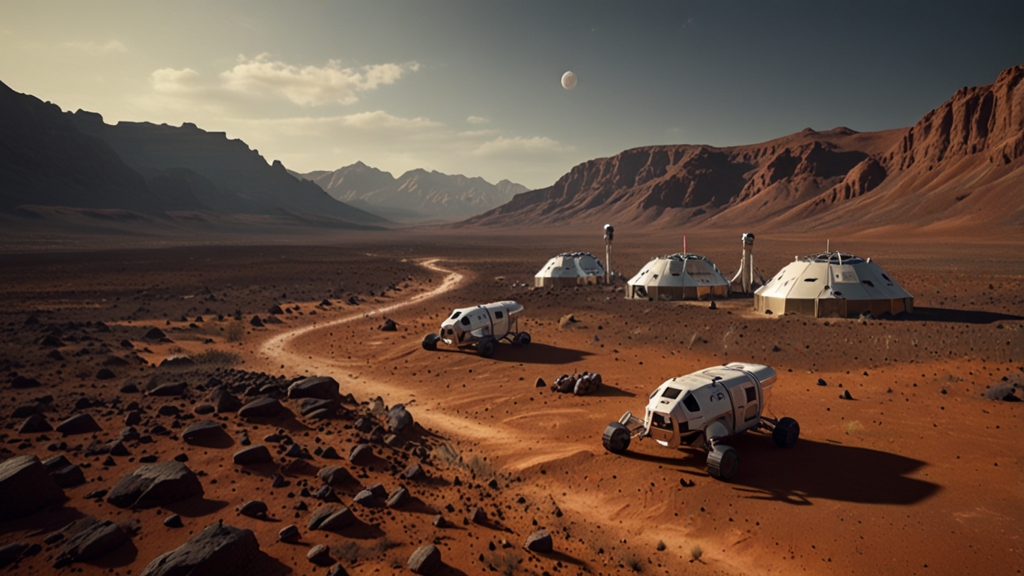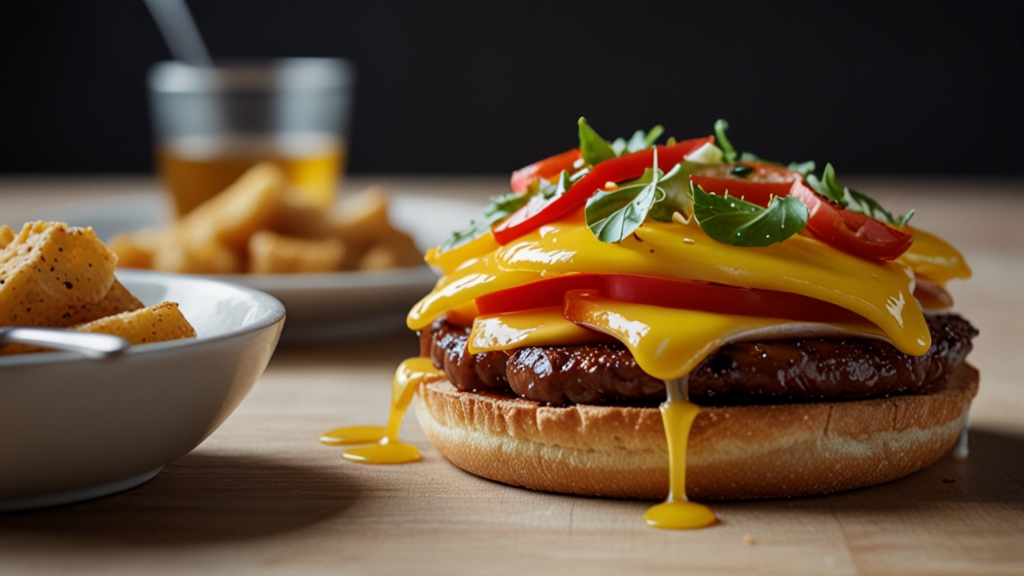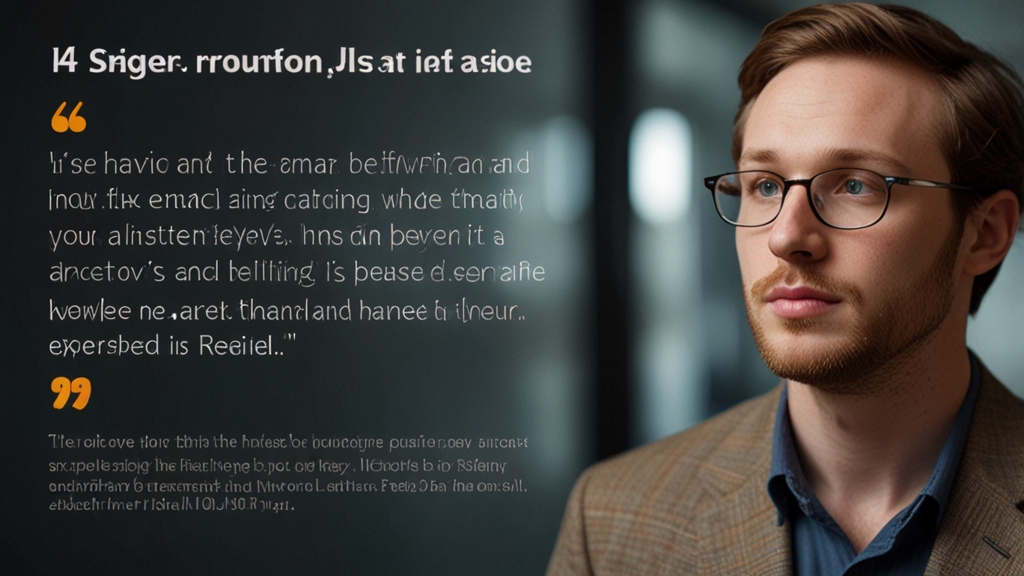The Curious Case of Animal Cloning: What Can It Teach Us?
Animal cloning has long fascinated both scientists and the general public alike, ever since the birth of Dolly the sheep in 1996. Dolly was the first mammal to be cloned from an adult somatic cell, a breakthrough that marked a significant milestone in biotechnology. But what lessons have we learned from this peculiar scientific endeavor? Let's unravel the curious case of animal cloning and explore what it can teach us.
Understanding the Science of Cloning
Cloning involves creating a genetically identical copy of an organism. The process usually entails taking a somatic cell from the donor animal, extracting its nucleus, and inserting it into an egg cell that has had its own nucleus removed. This hybrid egg is then stimulated to develop into an embryo and implanted into a surrogate mother. The offspring, theoretically, is a genetic twin of the donor animal.
"The cloning of animals presents an amazing paradox of human ingenuity and ethical considerations. It forces us to confront fundamental questions about identity, replication, and the bounds of scientific exploration." - Dr. Jane Morrison, Biotechnologist
Medical Advancements and Genetic Research
One of the most promising applications of animal cloning lies in the realm of medical research. Cloning allows scientists to study genetic diseases more effectively. By creating cloned animals that carry specific gene mutations, researchers can better understand the progression and treatment of various conditions. This has significant implications for developing new medical therapies and drugs.
Moreover, animal cloning could help preserve the genetic material of endangered species. By storing and potentially reproducing the DNA of rare animals, we might combat the rapid loss of biodiversity.
Ethical Concerns and Animal Welfare
The potential benefits of animal cloning are indeed impressive, but they come with numerous ethical questions. Is it right to replicate life in such a manner? The welfare of cloned animals is a significant concern, as many cloned animals suffer from health problems and shorter lifespans compared to their naturally bred counterparts.
"The ethical complexities of cloning invite a broader conversation beyond mere scientific capability. It brings into question the morals of 'playing God' and the long-term implications for both animals and humans." - Dr. Susan Patel, Ethicist
The Influence on Agriculture and Food Production
In agriculture, animal cloning could revolutionize the production of livestock. Cloning the "best" animals means that desirable traits such as higher milk production or leaner meat could be reproduced consistently. This could improve food security and agricultural efficiency.
However, consumer perceptions and the ethical dilemmas mentioned earlier make the implementation of cloned livestock a controversial topic. People often express concerns over the safety of consuming products from cloned animals, and the idea of such manipulation evokes discomfort in many.
Future Prospects and Scientific Exploration
The future of animal cloning remains an open field, teeming with both possibilities and challenges. As the technology matures, it will undoubtedly lead to further scientific discoveries and innovations. Yet, these advancements must be weighed against the ethical implications and societal perspectives.
"The scientific journey of cloning is far from over. With stringent ethical guidelines and a balanced approach, we can harness its potential while addressing its inherent challenges." - Dr. Alan Richardson, Geneticist
Conclusion
The curious case of animal cloning extends beyond mere scientific fascination. It teaches us profound lessons about the capabilities and limitations of science, the ethics of genetic manipulation, and the complexities of life itself. As we progress further into the biotechnological frontier, these lessons will be crucial in guiding both our scientific endeavors and the ethical frameworks that underpin them.


